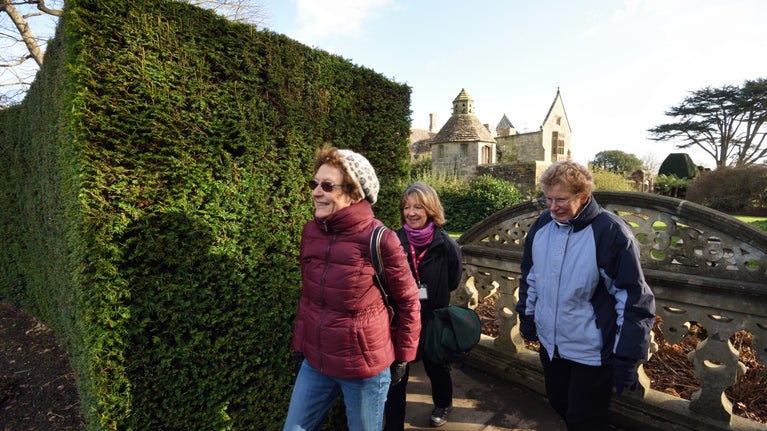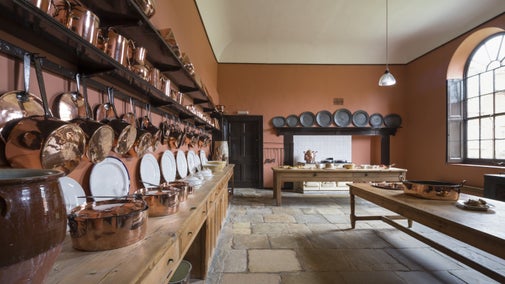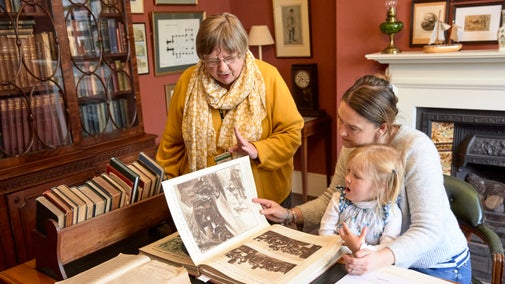
Where will you visit next?
Discover lots of gardens, historic houses, days out at the coast and more.

Have you ever imagined what life would have been like for a servant in a great country house? Many of the places we care for are full of sculleries, butlers’ pantries, servants’ bedrooms and other downstairs rooms to explore. Here’s a selection of the best places to find them.



Discover lots of gardens, historic houses, days out at the coast and more.
Some of the historic kitchens we care for have catered for royalty, while others contain well-preserved stoves and gadgets from centuries past. Discover stories from some of the best kitchens to visit.

Visit some of the places we look after that have inspired famous writers, playwrights and poets, including the homes of Beatrix Potter, Virginia Woolf and Thomas Hardy.

We care for hundreds of historic gardens, encompassing more than 500 years of history and a range of garden styles and fashions. Learn about the most famous and significant gardens you can visit.

Many of the historic houses we look after had servants who helped with the day-to-day running of the household. We've been uncovering some of these personal stories in collaboration with family history website Findmypast, by exploring the 1921 Census of England and Wales. Take a look into the records and learn more about their lives. By clicking this link, you’ll access a third-party website. Please see their privacy policy for how they handle your personal data.
